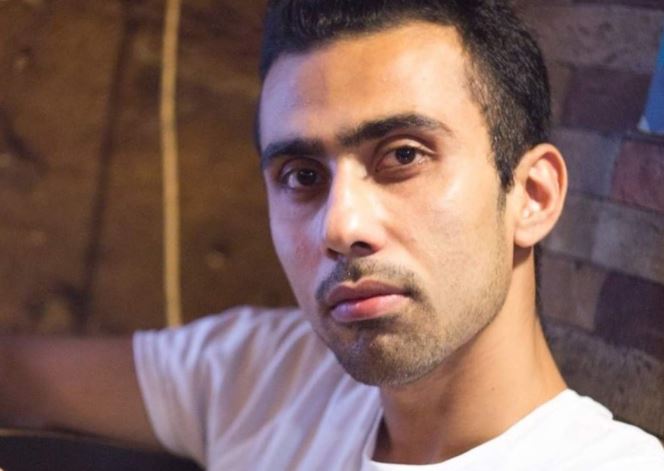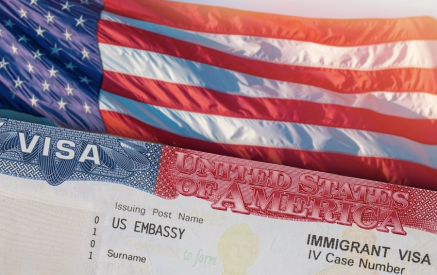Azerbaijani authorities should release photojournalist Vali Shukurzade and ensure that members of the press do not face trumped-up charges in retaliation for their work, the Committee to Protect Journalists said Wednesday.
On the evening of February 4, in the Yasamal district of Baku, the capital, police detained Shukurzade, a freelance photojournalist who works with several media outlets, according to multiple news reports and Zibeyda Sadygova, the journalist’s lawyer, who spoke to CPJ by phone.
Shukurzade was charged with hooliganism and disobeying police orders, and a district court sentenced him to 30 days of administrative detention on February 5. The Baku Appeals Court rejected Shukurzade’s appeal on February 10, according to news reports and Sadygova.
Sadygova told CPJ that Shukurzade’s arrest and trial were marked by numerous irregularities including authorities barring him from accessing his lawyer, and said the charges against him were “totally fabricated.”
“The sentencing of photojournalist Vali Shukurzade on trumped-up retaliatory charges and allegations of major irregularities in his case of are deeply worrying and demand a full and transparent investigation,” said Gulnoza Said, CPJ’s Europe and Central Asia program coordinator, in New York. “Azerbaijani authorities should release Shukurzade and ensure that members of the press are free to carry out their work without fear of spurious prosecution.”
At 9 a.m. on February 4, police in Baku’s Binagadi district summoned Shukurzade and questioned him for an hour over information he requested from a police acquaintance in connection with a journalistic investigation, according to Sadygova.
Local media reported that the journalist inquired about a state official’s car.
That afternoon, three people in plainclothes who identified themselves as police officers twice arrived at Shukurzade’s home saying they wanted to ask him about his neighbors, but the journalist was not there, his wife Aytaj Alanur told CPJ via messaging app.
At about 9 p.m., as Shukurzade was returning home with his wife, the same individuals approached him and ushered him into a vehicle, saying they were taking him to No. 27 Yasamal district police station, Alanur said, adding that Shukurzade offered no resistance.
Police kept the journalist at that station overnight without explaining the reason for his arrest or allowing him to call his family or lawyer, Sadygova said. Shukurzade’s wife and lawyer made repeated inquiries at the No. 27 station and other police stations but were told the journalist was not there.
On February 5, Sadygova found online court records stating Shukurzade’s trial was to be held that day, but said the trial was already finished by the time she arrived. During the trial, Shukurzade was not represented by a lawyer, as the police and court denied him access to Sadygova and instead offered a state lawyer, which he refused.
Police claimed they approached Shukurzade at 9 p.m. on February 4 on a main city street about 10 minutes from his home because the journalist was acting “improperly and suspiciously” and that Shukurzade ran away when they approached him, swore at and insulted them, and resisted when they arrested him, according to court documents reviewed by CPJ.
The judge accepted the police version of events without further investigation, Sadygova said. On February 10, the court refused her petitions to call witnesses or review CCTV footage from outside the journalist’s home or from the street where police allege his arrest occurred.
Administrative sentences are not subject to further appeal in Azerbaijan, Sadygova said, adding that she plans to file a complaint with the European Court of Human Rights.
CPJ’s emails to the Azerbaijan Ministry of Internal Affairs and the Ministry of Justice did not receive any replies.
Committee to Protect Journalists
























































